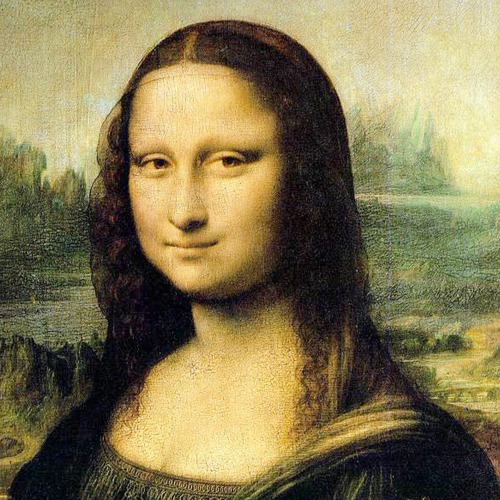I MAY BE A NOBODY, BUT…
Emily Dickinson wrote a poem I’ve quoted before because it always brings a smile to my lips: (Blog: October 25, 2010) It begins with:
“I’m a nobody! Who are you?”
Today, I’m giving the question some thought because it was raised by a book I’ve finished, “An Eye for People” by Hart Day Leavitt. The work is out-of-print but I managed to buy a used copy and found it an easy read as it’s comprised largely of photographs. Leavitt uses the illustrations to help writers develop their powers of observation, and he follows up with exercises meant to sharpen one’s skills. It’s an interesting little book and worth the time it takes to leaf through Leavitt’s discussions. I have one caveat for any potential reader, however. If you’re like me, you might be surprised by what you learn about yourself.

I confess I seldom saw what the author wanted me to see. A picture he used to depict sadness struck me as not sad but wistful. Another was meant to suggest paradox, yet I saw none. Apparently, my mode of observation lacks subtlety.
Offense being the best defense, I challenge Leavitt’s premise that we experience the world in the same way. We don’t. Our personal history colors our vision and frames our reactions. I can’t deny some common ground, of course. If I see a man baring his teeth with his fists clenched, I’m more inclined to walk away than offer to shake his hand. But when it comes to subtlety in human expression, what one interprets not only differs from person to person but from culture to culture. “There is no ‘natural’ language of emotional gestures,” Paul Ekman wrote as far back as 1971 (“Nebraska Symposium on Motivation,” Vol. 19, 1972, pg. 209).
That objection aside, I do agree with Leavitt’s belief that observation is the cornerstone of good writing; but rather than advise someone to look for universal gestures to capture character, I’d advise him or her to dig deeper. Search for the unique. If there’s one lesson I’ve gleaned in my 74-years of observing my fellow human beings, it’s that uniqueness is the trait we share. If I were to meet Emily Dickinson and asked the question “Who are you?” my reply would be, “I am me.”